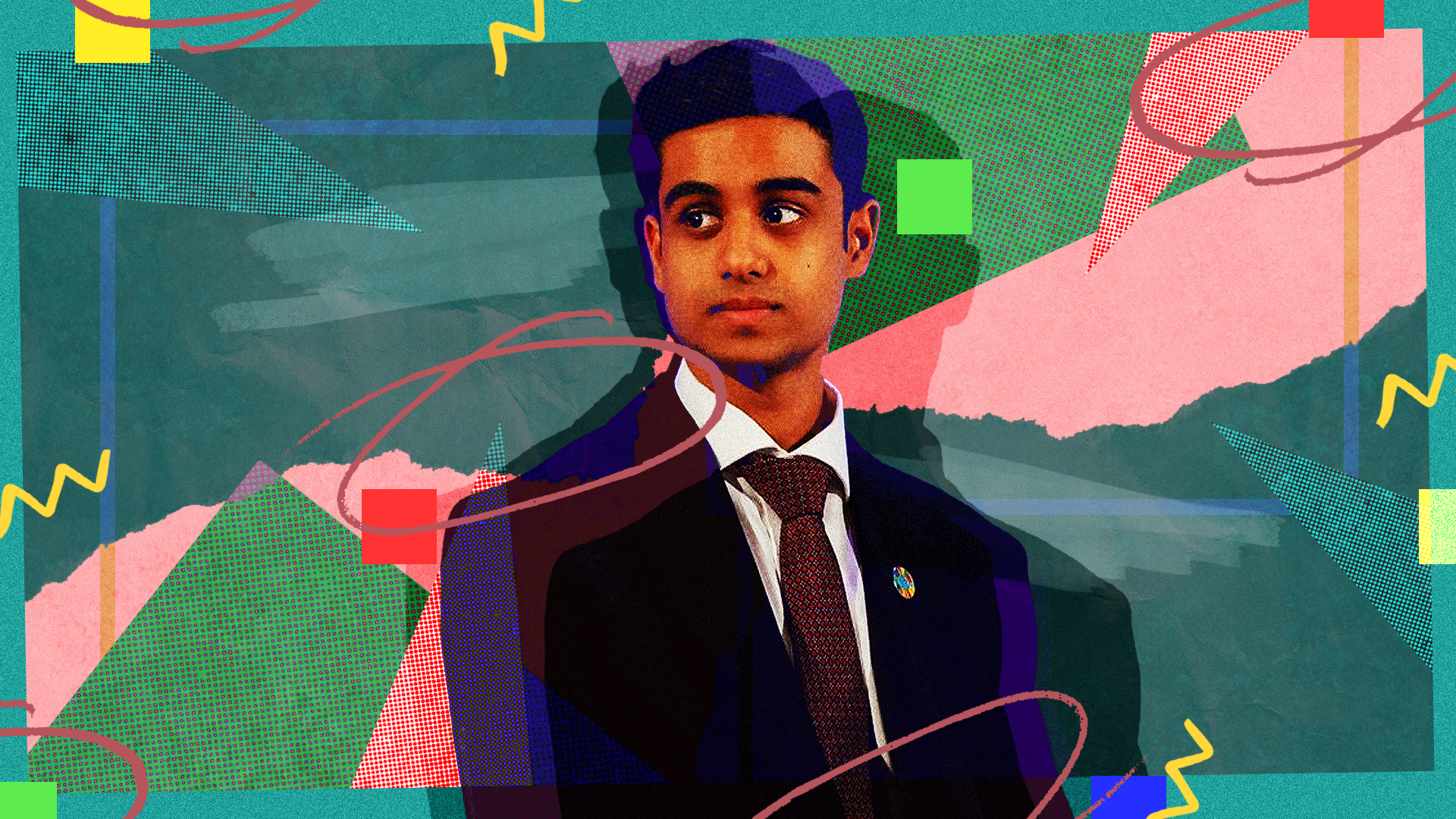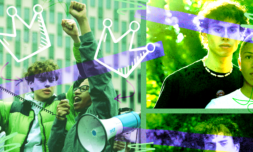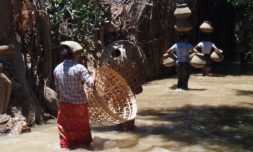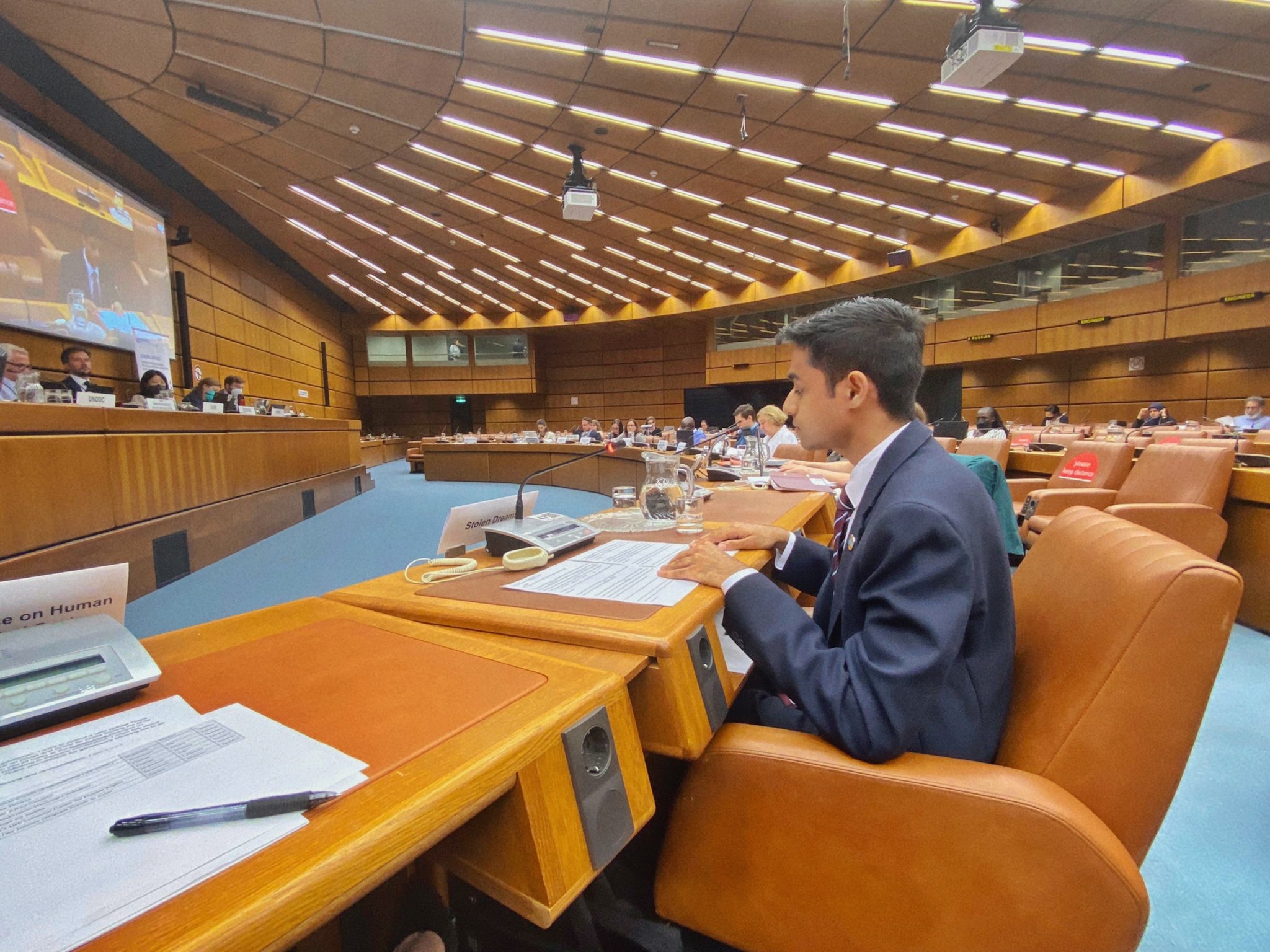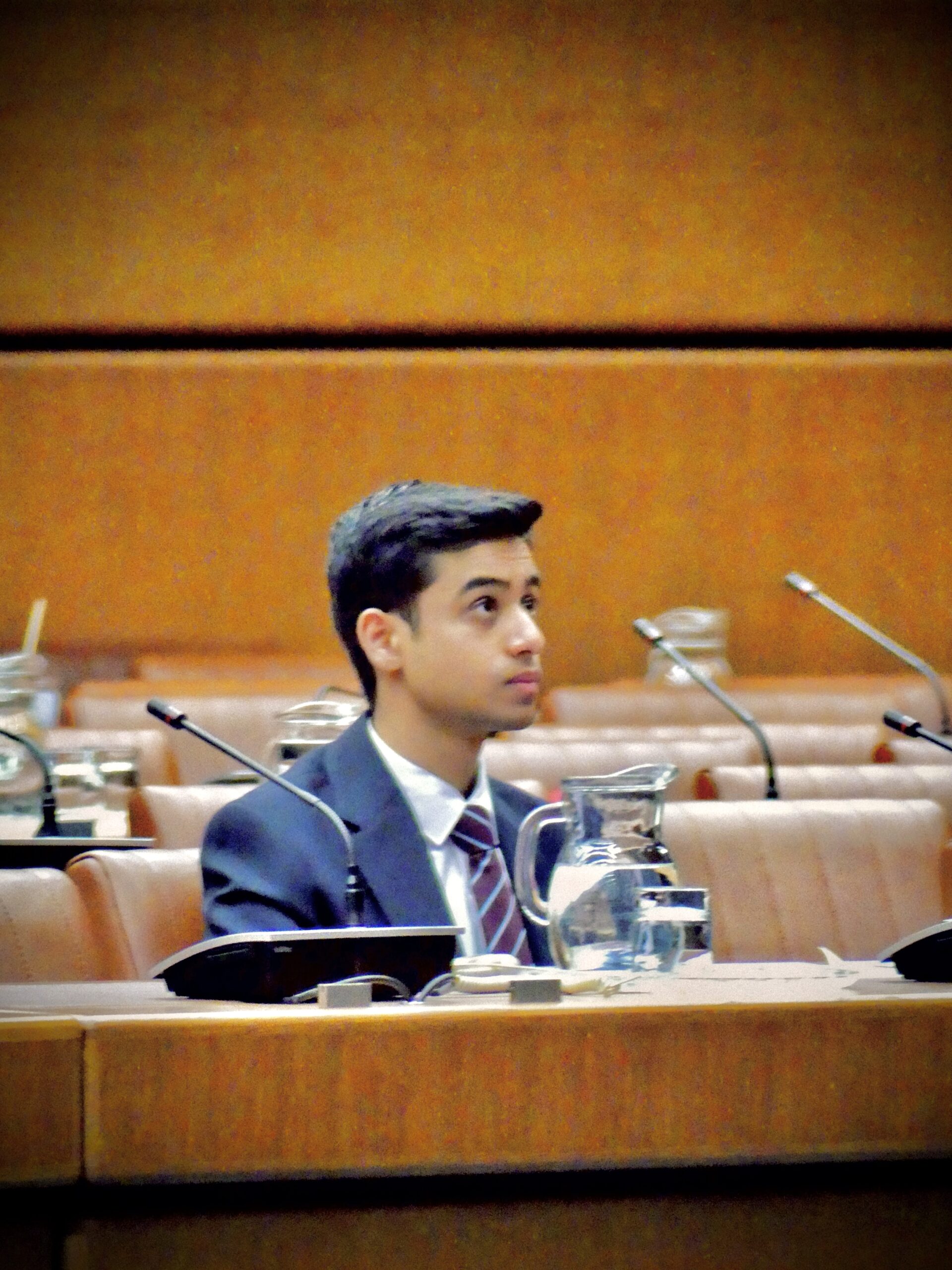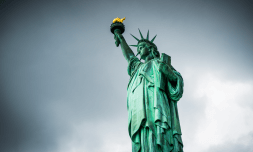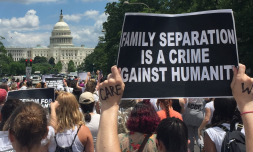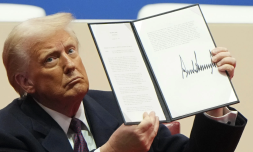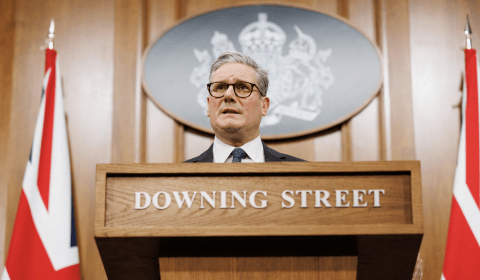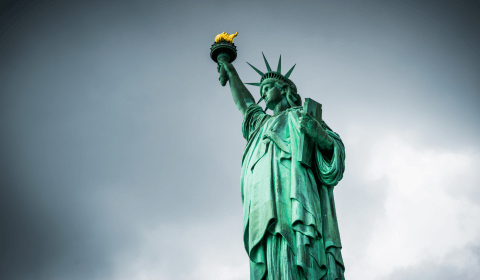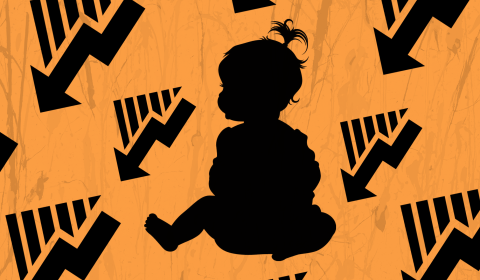We spoke with the 19-year-old UN Youth Representative and co-founder of Stolen Dreams – a youth-led collective driving action around ending modern slavery – about how he is guaranteeing that every human being has access to basic human rights.
Ishaan Shah was just thirteen when he learned that slavery is a very real, very current issue.
Upon coming to terms with the fact that exploitation isn’t confined to our history books alone, his first instinct was to share this knowledge with his peers, educate others on the nature of this exploitation in modern-day society, and hopefully instigate change.
Brought up on a teaching that strongly values selflessness and service to others, Ishaan’s innate altruism was obvious from the moment we began our interview.
As he tells me, his initial shock wasn’t solely based on slavery still existing today. Rather, it was the apparent ignorance (including his own) of his 150 schoolmates, all clueless to its prevalence.
This acted as the catalyst for his dedication to bridging the generational gap between young people and the anti-slavery movement.
A 19-year-old international human rights, gender equality, and climate action young leader, he is the Founding Director of Stolen Dreams, and Co-Founder of the Youth for Freedom Collective, two international youth-led collectives working with stakeholders to end modern slavery and human trafficking.
‘When I started doing my research in 2016, I found that the information available to me was difficult to understand,’ he says.
‘There was this disconnect between young people and the mainstream sector which was (and remains) reserved for the so-called experts.’
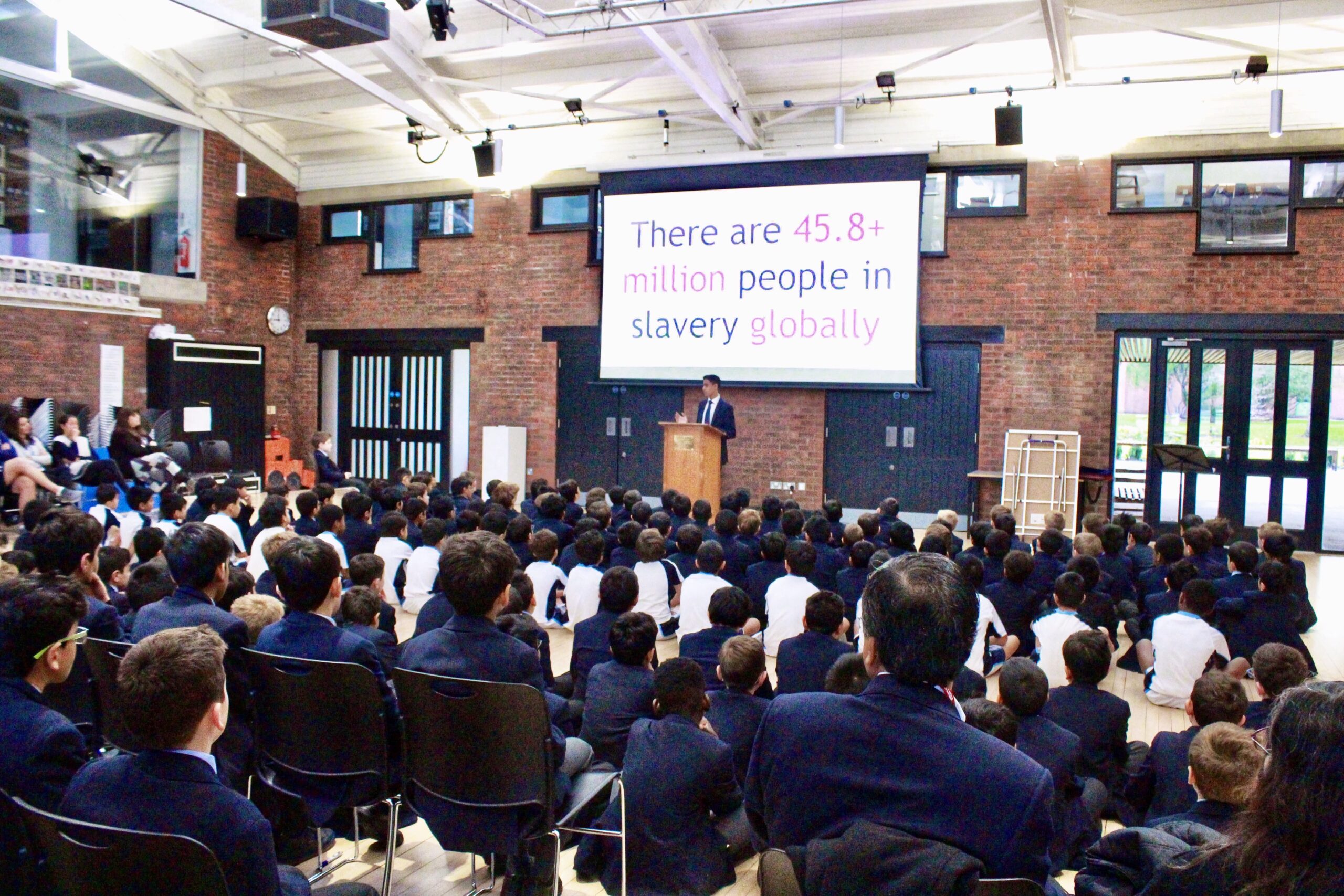
If Ishaan is anything to go by, speaking up for those without a voice doesn’t demand a certain ‘prowess’ that comes with age.
This is best exemplified by the collective Stolen Dreams. Since its launch not long after Ishaan recognised that in order to serve others he would need to dismantle the systems he himself benefits from, it has become a pioneering force in the fight to end modern slavery.
‘Returning to the UK from a trip to India in 2016 where I met children who were either vulnerable to or survivors of exploitation was a total reality check for me,’ he says.
‘Noticing how privileged we are, something inside of me said I couldn’t just sit there and ignore it. I wanted to contribute to fixing the issue.’
According to Ishaan, the collective’s original purpose was to make information about modern slavery and the structures of inequalities, vulnerabilities, and violence that perpetuate it more accessible for young people.
While this still stands today, its objective has developed over the years to better align with his improved understanding of how to confront the issue.
‘I quickly realised that there’s so much more we can do beyond raising awareness,’ he says.
‘We can actually begin to act, in our own lives and in decision-making processes. That’s where Stolen Dreams is angled towards now – a combination of education, advocacy, and policy.’
What this ultimately boils down to is an intersectional approach.
This is because, as Ishaan rightly emphasises, not only do historically exploitative practices remain deeply rooted in our socio-economic fabrics, but they’re being fuelled by a number of the global issues we’re also seeking to tackle.
‘It’s crucial that when we are confronting some of the greatest human rights issues of our time that an all-inclusive approach is taken,’ he said in a 2020 TEDx talk, stressing the importance of striving to abolish modern slavery as part of a common goal that incorporates wider advocacies.
‘The work we do at Stolen Dreams focuses on intersectionality and ensuring that anti-slavery efforts are integrated through each of these varied and thematic tracts.’
Here, Ishaan is referencing the countless challenges exacerbating the rates of modern slavery across the globe.
From poverty and political ideology to gender discrimination and even harmful cultural norms, there are many factors that exacerbate vulnerabilities and in turn increase the threat of someone being exploited into a form of modern slavery.
At the forefront is the climate crisis which, as he explains, continues to provide traffickers with ample opportunities to exploit vulnerable people, especially women and children.
‘When natural disasters take place or in situations of environmental degradation and displacement, the communities in those areas are more at risk,’ he says.

‘This desperation leaves people vulnerable and open to exploitation under the false promise of a better life. People don’t fall into modern slavery because they want to, it’s because they often have no choice.’
Of course, with the climate crisis being one of the most significant challenges we face at present, the prospect of fighting this systemic issue can seem daunting.
But there is hope. First, through the power of the individual, which Ishaan believes holds more influence than we give it credit for.
‘Modern slavery isn’t new, it isn’t happening in faraway countries or communities, it’s happening here, hidden in plain sight. The clothes we wear, the food we eat, the technology we use – it’s all linked,’ he says.
‘Therefore conscious consumption is the primary role we ourselves can play. By slowing the rate at which you consume, you’re contributing to the end of modern slavery and addressing the climate crisis.’
‘If you’re dismantling harmful stereotypes and cultural norms in your community, you’re creating a more equitable world and reducing vulnerability to sexual violence and exploitation in the process.’
In this respect, accepting that we may not see it physically, but that we’re encountering it daily in the spaces we occupy ‘from when we wake up to when we go to sleep’ is key.
That, and being mindful of our social and environmental responsibility to question the source of the goods and services we rely on, most of which are heavily tainted by modern slavery.
View this post on Instagram









